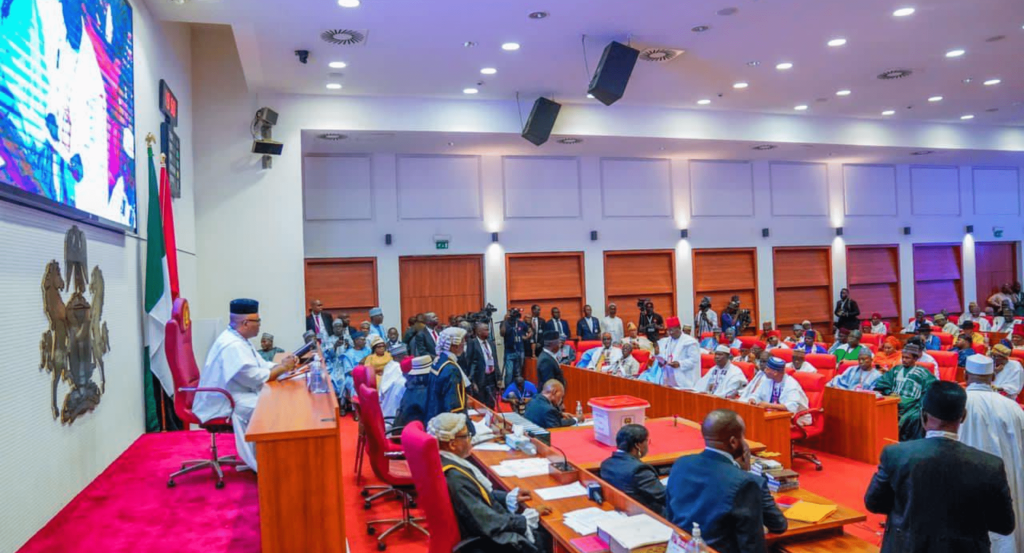The Federal Government of Nigeria has announced a shift in the implementation of the new basic school curriculum to September. The decision comes amid ongoing discussions and concerns from education stakeholders about the potential impact of replacing the existing 6-3-3-4 system with a new framework.
Under the proposed changes, the government aims to introduce a 12-year uninterrupted basic education model, ensuring students complete primary and secondary education without the traditional break between junior and senior secondary school. However, the move has sparked debates, with some experts warning of possible challenges in transitioning from the well-established 6-3-3-4 structure.
Senior Advocate of Nigeria, Onoja Onoja, has cautioned against scrapping the current system, emphasizing that its structure aligns with global educational standards. He argued that the proposed reforms should be thoroughly reviewed to avoid creating confusion within the academic sector. Critics have also pointed out the need for careful planning, adequate teacher training, and infrastructural development before implementing such a significant policy shift.
Despite the concerns, the Federal Government remains committed to rolling out the new curriculum, stating that the delay until September will allow for proper adjustments and consultations with key stakeholders. Education authorities have assured the public that the revised system will enhance learning outcomes and reduce dropout rates by ensuring a continuous educational journey for students.
As the new academic session approaches, all eyes will be on how the government addresses these concerns and ensures a smooth transition to the updated curriculum. Further details on the policy’s final framework are expected in the coming months.



























